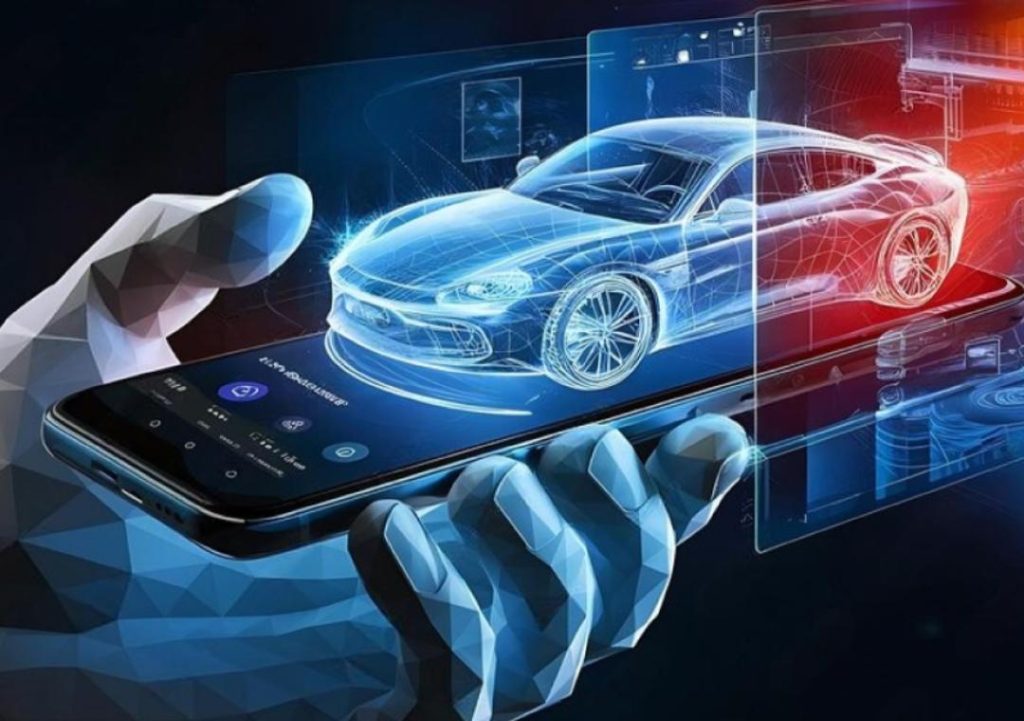
Could Your Car be Smarter than Your Smartphone?
The humble automobile has undergone a remarkable transformation in recent years. Gone are the days of basic AM/FM radios and cassette players. Today’s cars are equipped with advanced infotainment systems, over-the-air updates, and seamless integration with wearables and home devices. In fact, modern vehicles are evolving into tech ecosystems on wheels, where comfort, performance, and data co-exist in harmony.
As we continue to rely on our smartphones for an increasing number of tasks, it’s natural to wonder: could your car be smarter than your smartphone? The answer is a resounding yes. Here’s why.
Over-the-Air Updates: The Key to Smarter Cars
One of the most significant advancements in automotive technology is the ability to update your car’s software over-the-air (OTA). This means that manufacturers can push updates to your vehicle’s computer system remotely, ensuring that your car stays up-to-date with the latest features and security patches.
Imagine being able to wake up one morning to find that your car’s infotainment system has been upgraded with new features, or that its navigation system has been improved with real-time traffic updates. This is now a reality, thanks to OTA updates.
Intelligent Infotainment Systems: The Brain of Your Car
Modern cars come equipped with intelligent infotainment systems that can learn your preferences and adapt to your driving habits. These systems use artificial intelligence (AI) to anticipate your needs, providing personalized recommendations for music, navigation, and even temperature control.
For example, your car’s infotainment system might learn that you always listen to a particular music station during your daily commute. The next time you get in the car, it will automatically start playing that station, saving you the hassle of searching for it manually.
Integration with Wearables and Home Devices: The Future of Connectivity
The lines between your car and your home devices are becoming increasingly blurred. Many modern cars now integrate with popular wearables and home devices, allowing you to control your car’s systems remotely and vice versa.
For instance, you can use your smartwatch to start your car’s engine, lock or unlock the doors, or even adjust the climate control. Meanwhile, your car can integrate with your smart home system to adjust the temperature, lighting, and security settings when you arrive home.
Seamless Connectivity: The Key to a Smarter Car
Seamless connectivity is the holy grail of modern car technology. Imagine being able to access your car’s systems, data, and entertainment options from anywhere, at any time. This is now possible, thanks to the proliferation of 4G and 5G connectivity in vehicles.
With seamless connectivity, you can check your car’s fuel level, tire pressure, or maintenance schedule from your smartphone. You can also access your car’s entertainment system, navigation, or safety features remotely, ensuring that you’re always connected to your vehicle.
The Internet of Things (IoT) in Your Car: A New Era of Data Collection
The rise of the IoT has brought about a new era of data collection in the automotive sector. Modern cars are equipped with a range of sensors and cameras that collect data on everything from driving habits to road conditions.
This data is then used to improve the driving experience, enhance safety features, and even predict maintenance needs. For instance, your car’s sensors can detect potential issues with the brakes or tires, alerting you to schedule maintenance before a problem arises.
The Future of Smart Cars: What’s Next?
As the automotive industry continues to evolve, we can expect to see even more innovative features and technologies emerge. Some of the most exciting developments include:
- Autonomous driving: The prospect of self-driving cars is no longer science fiction. With the help of advanced sensors and AI, these vehicles are capable of navigating complex roads and traffic conditions with ease.
- Biometric sensors: Cars are now equipped with biometric sensors that can monitor your vital signs, such as heart rate and blood pressure, providing valuable insights into your health and wellbeing.
- Augmented reality: The latest infotainment systems are incorporating augmented reality (AR) technology, providing drivers with real-time information and entertainment options that blend seamlessly with the real world.
Conclusion
In conclusion, your car is likely to be smarter than your smartphone. With over-the-air updates, intelligent infotainment systems, and integration with wearables and home devices, modern cars are evolving into tech ecosystems on wheels. As the automotive industry continues to push the boundaries of innovation, we can expect to see even more exciting features and technologies emerge.
Source: https://www.growthjockey.com/blogs/connected-technology-for-automotive-sector






